Developing Universal Logistics Standards (ULS):
The first draft of the Universal Logistics Standards has been
developed through working groups between December 2019 and early May
2020, coinciding with the COVID-19 pandemic. This process has proven
to be an opportunity to address some of the major supply chain and
logistics challenges that this unprecedented crisis has caused, and
that humanitarian logistics will have to face for years to come.
The COVID-19 outbreak has, rapidly, become a question of global
health security, hence lockdown restrictions have been imposed in
most parts of the world. As a result, supply chains have been
greatly affected and, beyond the problems that arise in purchasing,
transporting and distributing critical medical products, the context
of the crisis within complex emergencies continues to evolve.
Therefore, affected communities face a double threat that requires
agile and effective supply channels.
Everyday humanitarian logistics and transport practice is now more
challenging than ever, requiring a universal, coordinated response
in key areas of logistics; these being covered by the ULS. For
example, some constraints caused by the pandemic are:
- At the procurement level, stock availability, sky-rocketing prices and the combination of poor information, quality and differing technical standards have put a strain on this vital part of the chain.
- Warehousing, storage, asset and vehicle fleet managers face problems, primarily with ensuring hygiene, social distancing for staff and optimisation.
- Transport is subject to movement restrictions on cargo due to border closures and a reduction in freight capacity that threatens lead-times.
- In terms of distribution, delivery points for vulnerable groups in isolated places are particularly affected. Accessing assistance has become a risky and complicated activity.
These challenges pose very specific requirements to ensure quality
and accountability of the humanitarian response. In this context,
the ULS helps to define practical steps that can be taken to address
such challenges, especially when many different organisations need
to work together; each one with different programmes, practices, and
capacities that, sometimes, can hinder coordinated action. In a
situation such as this, common standards and good practice guidance
also are of special interest for small organisations keen to improve
the quality of their preparedness and response.
Open consultations, started in May 2020 to obtain feedback from the
humanitarian logistics community, will allow the project to take
advantage of the lessons being learned from the COVID crisis, and
thus to incorporate further good practices in the following versions
of the ULS.
